Top 10: Dog Breeds That Live The Longest
07.06.2022.
If you're in the market for a new four-legged companion, you may want to consider how long various dog breeds live. The fact that some dogs live longer than others is accurate.
The average lifespan of a small dog is longer than that of a large dog. However, the actual longevity of individual dogs depends on various circumstances. Please keep in mind that a dog's quality of life depends on factors such as access to quality veterinary care, a comfortable living environment, frequent exercise, and a nutritious diet. Our team of experts consisting of vets and cynologists, has put up a list of 10 dog breeds with the longest life expectancy.
1. Chihuahua
There are few breeds of dogs that can live as long as the Chihuahua. It is not uncommon for them to live to be over the age of 15, with some even making it to the age of 20. Exercise, socialization, and training are essential for all dogs, no matter how small they are. However, this breed is still susceptible to heart and eye issues, so owners should make sure their Chihuahuas are regularly checked.

2. Toy Poodle
Giant, Standard, and Toy are the three standard sizes of the breed. In general, the Toy Poodle lives longer than the other two breed varieties. Dogs of the Poodle breed are among the world's most intelligent canines.
They get along well with youngsters and other dogs in the house because of their laid-back disposition. They're also great for first-time dog owners because they're pretty easy to train.
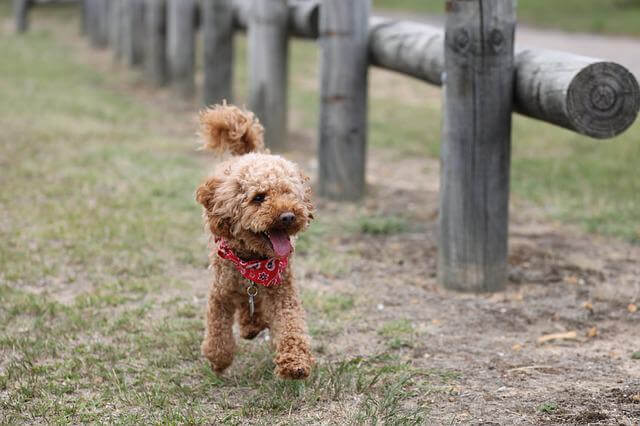
3. Australian Cattle Dog
The Australian Cattle Dog is a long-lived dog breed that's also perfect for people with an active lifestyle because of their high energy levels, sharp intelligence, and strong work ethic. Reaching the 16th birthday is not uncommon for this devoted herding dog. During their time, they will serve as your best friend. Australian Cattle Dogs are some of the most driven breeds in the world, so make sure you offer them plenty of exercise and opportunities for both physical and mental training.
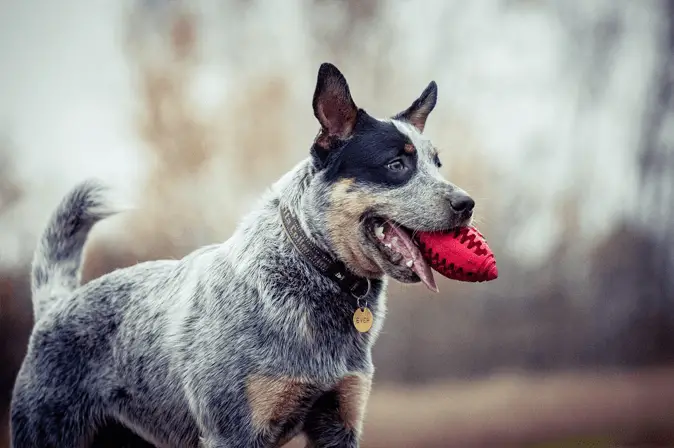
4. Maltese
The Maltese is a gorgeous white lap dog that enjoys playing and cuddling with its family. Because of their diminutive stature, they have a reputation for having a longer lifespan. Because of the low prevalence of significant hereditary illnesses among the Maltese, all Maltese pups should live long. This is especially true for females, who tend to live one year longer than males in this dog breed.

5. Dachshund
A Dachshund above the age of 15 is nothing unusual. Guinness World Records recognized Chanel as the world's oldest Dachshund. She reached the impressive age of 21. However, obesity in Dachshunds is a real issue and can increase age-related health concerns, notably back difficulties.
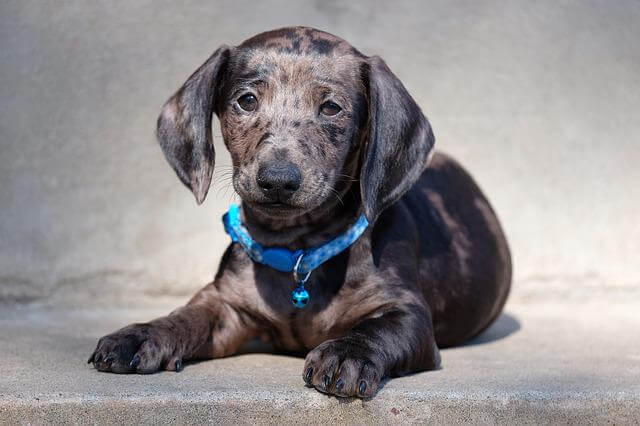
6. Pomeranian
It's common knowledge that Pomeranians are friendly, but many of them can be a little dominant. Poms are usually incredibly loyal to their owners and can be easily trained. It is not unusual that these giant dogs trapped in a small dog's body take on a role of a tiny guard. Consistent training can transform them into wonderful family pets that can survive up to the age of 16 or even older.

RELATED: NEW RESEARCH: Is 1 Dog Year Actually The Same As 7 Human Years?
7. Chinese Crested Dog
Who wouldn't fall in love with such a one-of-a-kind dog? Chinese Crested Dogs, whether hairless or "powderpuff," are loving, loyal, and long-lived pets, typically surviving into their early to high teen years. While they aren't too active, they do expect to spend most of their time with you and everyone else.

8. Corgi
Cardigan Welsh Corgis are one of the oldest dog breeds that originated in the United Kingdom. Because they were originally bred as a working breed, this Corgi has developed into a loving and resilient canine. Cardigan Welsh Corgis are generally healthy and a long-living breed aside from hip or back problems that may occur as they get older.

9. Yorkshire Terrier
In order to maintain their long coats, the Yorkshire Terrier, or "Yorkie," should be frequently groomed. However, if permitted to grow out, its famed fur is beautiful and silky straight. Despite their small stature, these canines have a lot of energy. They can, however, be domineering around strangers, other animals, and even youngsters, just like other tiny dogs. The good news is that this is a breed that will stay with you for a long time.

10. Bedlington Terrier
These dogs are considered hypoallergenic, so they make wonderful pets and companions to all of us with dog allergies. These dogs distrust strangers and other dogs, but they like protecting and playing with their owners. Keeping their bodies and minds active through training is essential since these pups are outstanding athletes. Bedlingtons make fantastic agility competitors.
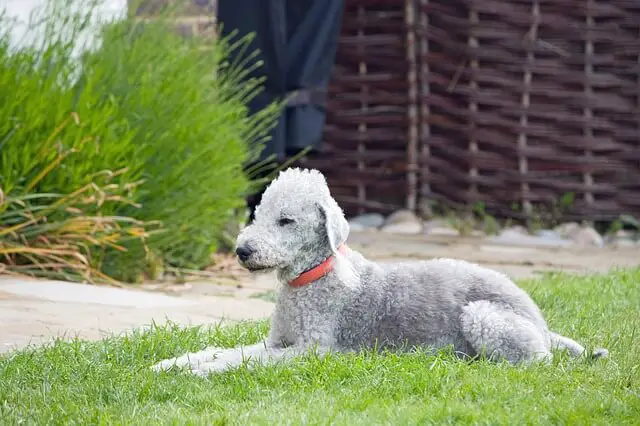
What factors have an impact on a dog's lifespan?
A dog's life expectancy may or may not be affected by its breed. There is still a lot of debate going on when it comes to the effects a particular dog breed has on longevity. When it comes to living a long life, some elements appear to be more important than others.
It was shown in a 2018 study in Budapest, Hungary, that purebred canines (dogs that have all of their ancestors are from the same breed) live shorter lives than mixed breeds. Compared to their mixed-breed relatives, purebred puppies in this study developed health issues earlier in life. Even the oldest purebred canines in the study were younger than the oldest mixed breed dogs.
However, a study about dog life span in the US in 2019 found no evidence to suggest that mixed-breed dogs out-live their purebred counterparts. More diverse genetic backgrounds (e.g., mixed breeds) were found to extend their life span by three to six months; however, the same study indicated that dog size is a stronger indication of lifespan than the breed. Great Danes and Great Pyrenees, for example, have been found to have shorter life expectancies than other purebred dogs, which may be because of their size and their purebred status.
RELATED: Why Do Large Dogs Live Shorter Than Small Dogs?
Large vs. small
As previously said, the majority of long-lived dog breeds are small. Large dogs age faster than little dogs, as scientists have discovered. Large-breed bodies degenerate more quickly than those of smaller breeds. According to some researchers, cancer may be more common in large breeds due to their high development spurts at an early age.
Nothing in the canine genome, no matter how small, contributes to the breed's longevity. The good news is that there are a number of things dog owners can do to lengthen the lives of their pets, regardless of their breed or height.
How to prolong your dog's life?
When it comes to a dog's longevity, researchers agree that keeping a healthy weight is critical. Dogs who are obese are more prone to respiratory problems, heart disease, and kidney failure, among other ailments. Diet and exercise are the best ways to guarantee that your dog lives a long and healthy life.
Routine dental examinations can also help your dog's health in other ways. Secondhand smoke has been related to early indications of aging in dogs, so don't smoke near or inside your home with your dog.
RELATED: How Long Do Dogs Live?
Make sure to exercise your dog regularly, especially if you have an intelligent or working breed that needs plenty of mental exercise. They live longer if their owners are happy. However, according to the Hungarian study referenced above, recognizing and preventing similar stressors in the future can enhance your dog's general health.
If your senior dog's behavior or looks begin to change unexpectedly, make sure you notice it. Cancer is the main cause of death in dogs over ten. In addition to obvious tumors, cancer can show itself in other ways, such as a lack of energy or an inability to eat.
World Dog Finder team

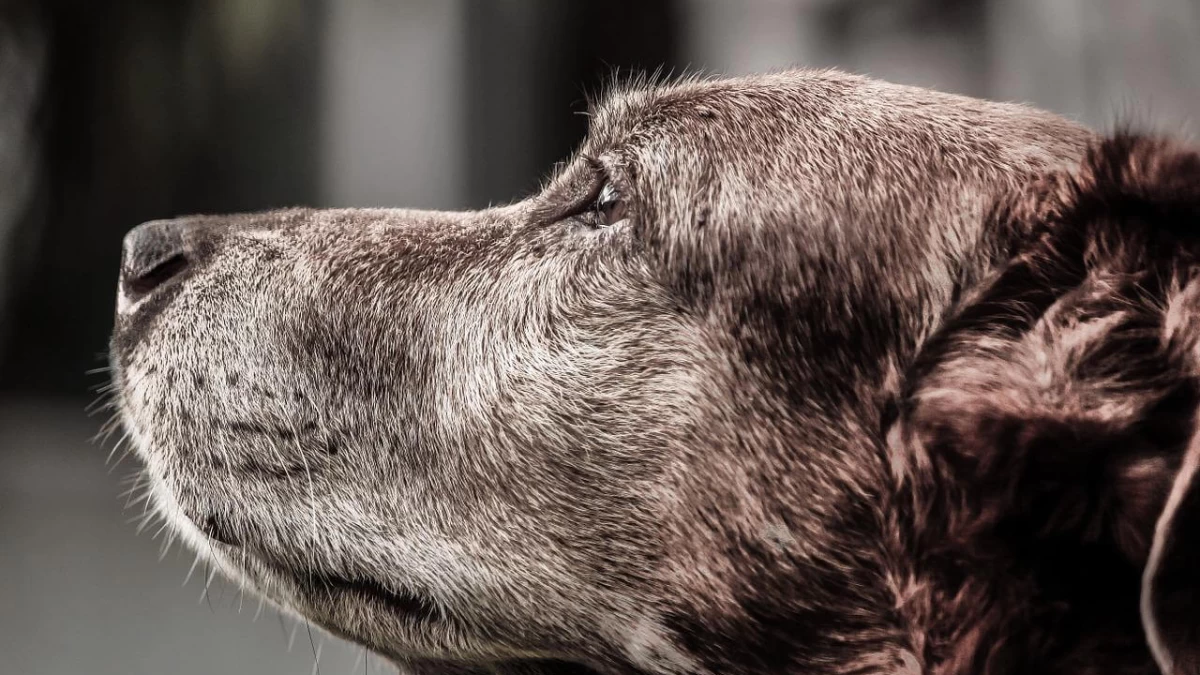





Share